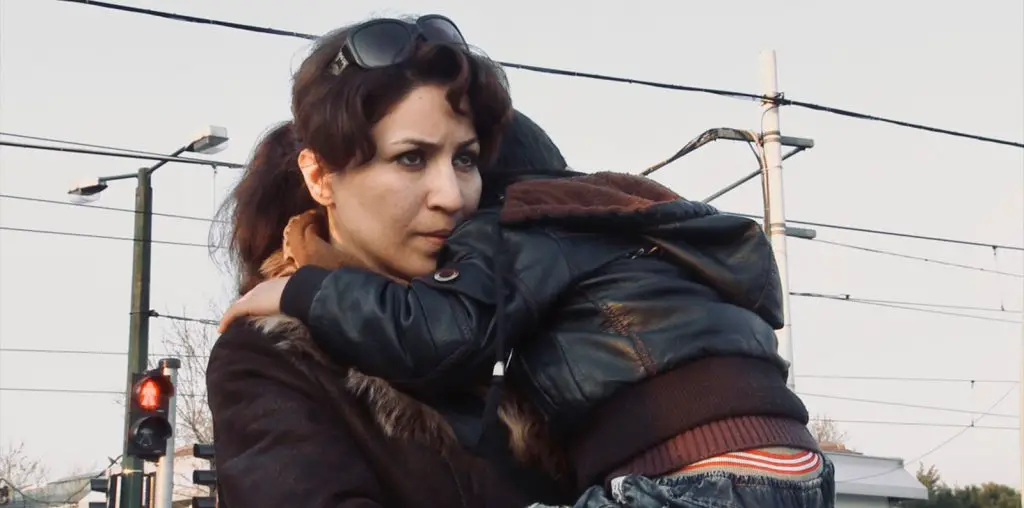
Holly Mosher’s Bonsai People – The Vision of Muhammad Yunus is a fascinating documentary. Focusing on the philosophies and social businesses of Nobel Peace Prize Laureate Muhammad Yunus, the film follows a number of subjects from Bangladesh as they experience Yunus’s Grameen Bank firsthand; a microcredit loan system where the very poor, predominantly women, are given miniscule loans to start their own businesses. As their businesses grow, and they payback their loans, they can take out more and more. Along the way, they improve their quality of living, offer something of value to their community and hopefully, if all works perfectly, become self-sufficient to the extent where they don’t need to take out loans anymore (and since the system also includes a savings component, they have something set aside should an emergency arise).
Which is just the start, as the Grameen Bank has lead to many other Grameen companies, all focusing on helping or solving another need for the poor. Whether it be education, food, healthcare… Yunus has a Grameen company addresses the concern. And they all rely on the idea that allowing one the tools to better their situation will not only achieve that goal on a personal level, but for many more around them. By the time the cell phones start showing up in towns that beforehand didn’t even have electricity, you get a good idea just how transformative the Grameen companies have been.
Yunus’s philosophy seems to be a variation of the Nature vs. Nurture debate, and he falls along an interestingly middle spot. His view of human potential, or Nature, is a positive one, but he cannot discount the difference the environment, or social class, has on that potential. Which is where we get the idea of Bonsai People; a bonsai seed will grow as best as it can, but within the confines of whatever size area it is allowed to work with. So in the case of the impoverished, they are just as capable of being hard-working entrepreneurs as anyone else, but they haven’t been given that space yet. Which, again, is where his Grameen companies come in. And with a 98% return rate, he obviously was on to something.
While there are moments that are entertaining in the film, it strives first and foremost to be informative and to offer some education on what Muhammad Yunus has been doing with his Grameen Banks and other social businesses. And had it just been a dry recitation of facts flying by on screen, it probably wouldn’t have succeeded as well as it does. Utilizing first-hand experience to exemplify how Yunus’s ideas actually work in practice, however, puts not only a personal face to the social businesses, but also provides validation. It’s one thing to explain an idea in theory, another entirely to watch how it succeeds or fails when put to the test. And Bonsai People shows a number of women, and by extension their families, as they become entrepreneurs who’ve utilized the idea of microcredit loans to improve their lives and the lives of those around them.
I’ll admit that sometimes the numbers being thrown around confused me a bit (interest rates and such trip me up), and I’d have preferred even more obvious explanations of how the money loaned translated in a practical manner; I know how the local currency translates to U.S. dollars, but not what goods around town cost; if they’re loaned $10, what does that buy them exactly? $10 in Bangladesh is the relative equivalent of how much here? There are moments where we get an idea, but I had trouble connecting the dots sometimes.
In the end, though, I think this film is the perfect type of documentary for more than just a solitary viewing. A documentary like this is something you watch in a classroom and have an in-depth discussion about afterwards. And this idea is furthered by the double-disc DVD release of the film, which points out the availability of teacher study guides and offers an additional DVD of special features concerning even more Grameen companies. I know that I would’ve benefited from more discussion, and while the lack of said discussion didn’t take away from the film, it can only elevate it.
This film was submitted for review through our Submission for Review system. If you have a film you’d like us to see, and we aren’t already looking into it on our own, you too can utilize this service.

